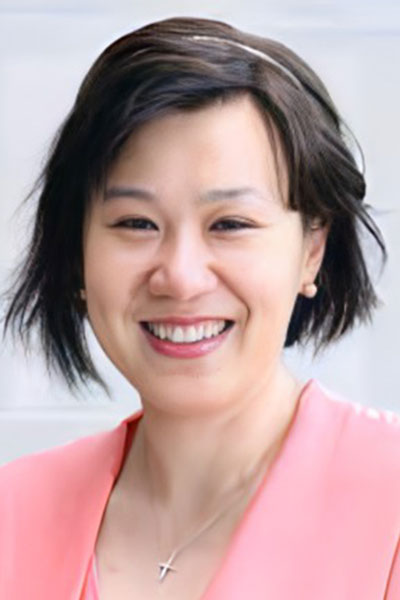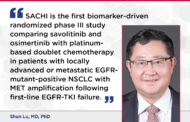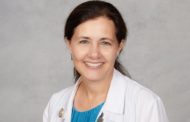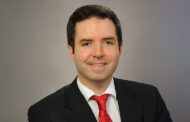The path from basic science discovery to novel clinical treatment is long, winding, and too often comes to a dead end. Dead ends may be more common in middle-to-lower income regions.

“Transforming discoveries into treatments is a recognized process of translational research, clinical trials, and regulatory approvals in higher income areas,” said WCLC 2023 Co-chair Pyng Lee, MD, PhD, Professor of Respiratory and Critical Care Medicine, National University of Singapore, and Director of Interventional Pulmonology at NUS Hospital.
“There are multiple barriers that make that process more difficult in mid- to lower-income regions, which pertain to finances, logistics, organization issues, lack of institutional and professional support, and poor infrastructure,” she said. “Simply because a treatment has been approved does not make it an affordable and accessible clinical alternative for lung cancer patients in the real world.”
Dr. Lee will co-chair “Plenary Session 5: Transforming Discovery into Treatments in Lower- to Middle-Income Regions,” which will take place from 08:30 – 10:00 SGT on Tuesday, September 12, in room 406. The session will be livestreamed and available on demand for virtual attendees. Dr. Lee will be joined at the podium by Daniel Tan, MBBS, PhD, Associate Professor of Medical Oncology at Duke-National University of Singapore Medical School and a Senior Clinician-Scientist at Genome Institute of Singapore.

Plenary Session 5: Transforming Discovery into Treatments in Lower- to Middle-Income Regions
08:30–10:00 SGT, Tuesday, September 12, Room 406
Mariam Jamal-Hanjani, MD, PhD, Clinical Associate Professor and Honorary Consultant in Oncology at the Cancer Research UK Lung Cancer Centre of Excellence, University College London Cancer Institute, London, UK will discuss some of the insights into lung cancer evolution developed from the TRACERx and PEACE studies. Dr. Jamal-Hanjani is the founder and chief investigator for the UK-wide PEACE research autopsy program and the principal investigator for the TRACERx lung study tracking the evolution of NSCLC metastases.
Alan Sihoe, MBBChir, Clinical Associate Professor of Surgery at the University of Hong Kong and Chief of Thoracic Surgery at the University of Hong Kong Shenzhen Hospital, will discuss state of the art management of early-stage disease. He is an advocate for next-generation minimally invasive thoracic surgery. His primary focus is uniportal and needlescopic VATS.
Jai Prakash Agarwal, MD, Professor and Head of Radiation Oncology, Tata Memorial Hospital, Mumbai, India, will explore the latest in precision management of oligometastatic disease.
Ross Soo, MD, Senior Consultant in Haematology-Oncology at the National University Cancer Institute Singapore and adjunct principal investigator, Cancer Science Institute of Singapore, will explore the challenges to improving access to novel treatments and clinical trials and discuss the pros and cons of multiple solutions that have been proposed and attempted. “We need a bench-to-bedside approach where discovery and innovation work in tandem to improve patient care with an impact on cancer survival,” Dr. Lee said. “One exciting development in the pulmonary space is to combine bronchoscopic diagnosis of early-stage lung cancer with mediastinal staging with endobronchial ultrasound followed by bronchoscopic ablative therapy at the same session. Innovative approaches aimed at bettering the care of cancer patients will be highlighted in this plenary session.”





